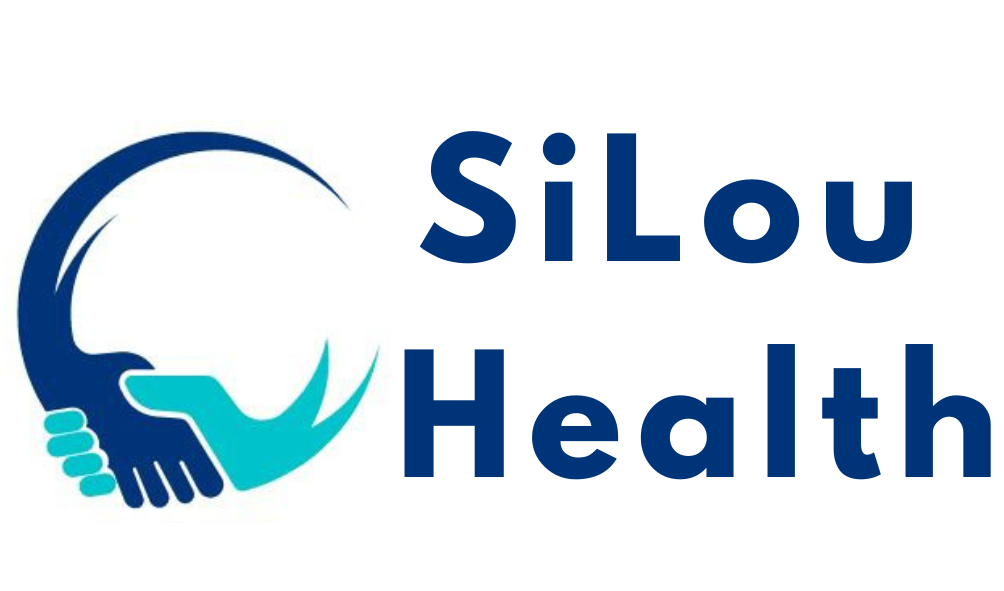
Welcome back! In Part 1, we explored the incredible connection between your gut and brain, and how your digestive health directly impacts your mood, anxiety, and mental wellbeing.
Now it's time for the exciting part: taking action. You're about to discover practical, science-backed strategies to heal your gut and naturally boost your mood.
The best part? These aren't complicated medical treatments or expensive therapies. They're simple, everyday changes that can start making a difference in how you feel, both physically and emotionally within weeks.
Feed Your Mood: The Ultimate Gut-Brain Foods
What you eat doesn't just fuel your body, it feeds the trillions of bacteria in your gut that directly influence your mood. Here's how to eat your way to better mental health:
1. Probiotic Powerhouses:
These foods contain live beneficial bacteria that can improve your gut microbiome:
l Yogurt with live cultures (choose unsweetened varieties)
Kefir (a fermented milk drink that's like liquid probiotics)
l Sauerkraut and kimchi (fermented vegetables packed with good bacteria)
l Miso and tempeh (fermented soy products)
2. Prebiotic Foods (Food for Your Good Bacteria):
l Garlic and onions (contain compounds that feed beneficial bacteria)
l Bananas (especially slightly green ones)
l Asparagus and artichokes
l Oats and whole grains
3. Mood-Boosting Anti-Inflammatory Foods:
l Fatty fish like salmon, mackerel, and sardines (rich in omega-3s)
l Leafy greens (spinach, kale, arugula)
l Berries (blueberries, strawberries, raspberries)
l Nuts and seeds (especially walnuts and flaxseeds)
The Foods That Sabotage Your Gut-Brain Connection
Just as some foods heal your gut, others can damage it and negatively impact your mood:
Limit these gut-disruptors:
l Processed foods high in sugar and artificial additives
l Refined carbohydrates (white bread, pastries, sugary snacks)
l Excessive alcohol (disrupts gut bacteria balance)
l Artificial sweeteners (can alter gut microbiome)
Remember: this isn't about perfection. It's about making more gut-friendly choices most of the time. Small, consistent changes add up to big results.
Lifestyle Strategies That Heal Your Gut and Mind
Your daily habits play a huge role in maintaining a healthy gut-brain connection. Here are the most effective strategies:
1. Stress Management (Your Gut's Best Friend):
Chronic stress is one of the biggest disruptors of gut health. When you're stressed, your body redirects energy away from digestion, leading to inflammation and bacterial imbalance.
Try these stress-busting techniques:
l Deep breathing exercises (even 5 minutes daily makes a difference)
l Regular meditation or mindfulness practice
l Gentle exercise like walking, yoga, or swimming
l Adequate sleep (7-9 hours nightly helps gut bacteria thrive)
Movement That Supports Gut Health:
Exercise doesn't just benefit your physical fitness, it also promotes healthy gut bacteria diversity. You don't need intense workouts; even moderate activity helps:
l Daily walks (20-30 minutes)
l Yoga or stretching (reduces stress and aids digestion)
l Dancing or any activity you enjoy
The Power of Targeted Supplements
While food should be your primary source of gut-supporting nutrients, certain supplements can provide additional support:
1. Probiotics:
Look for supplements with multiple strains of bacteria and at least 10 billion CFUs (colony-forming units). The most researched strains for mood support include:
l Lactobacillus helveticus
l Bifidobacterium longum
l Lactobacillus rhamnosus

1. Omega-3 Fatty Acids:
These essential fats reduce inflammation and support both gut and brain health. If you don't eat fish regularly, consider a high-quality fish oil supplement.
3.Magnesium:
Often called "nature's relaxation mineral," magnesium supports both gut function and mood regulation. Many people are deficient in this crucial nutrient.
Always consult with a healthcare provider before starting new supplements, especially if you have existing health conditions or take medications.
When to Seek Professional Help
While these strategies can significantly improve your gut-brain connection, sometimes professional support is needed:
Consider consulting a healthcare provider if you experience:
l Persistent digestive issues that don't improve with lifestyle changes
l Severe mood changes or symptoms of depression/anxiety
l Chronic fatigue or brain fog
l Frequent infections or inflammatory conditions
Your 30-Day Gut-Brain Challenge
Ready to put this knowledge into action? Here's a simple 30-day challenge to start transforming your gut health and mood:
l Week 1: Add one probiotic-rich food to your daily routine
l Week 2: Include prebiotic foods in every meal
l Week 3: Implement one stress-reduction technique daily
l Week 4: Focus on mindful eating and proper hydration
Track how you feel each week, you might be surprised by the positive changes in your mood, energy, and overall wellbeing.
The Journey to Gut-Brain Wellness Continues
Healing your gut and supporting your mental health is a journey, not a destination. Every positive choice you make, whether it's choosing fermented foods, managing stress, or simply being more mindful about your eating habits, is an investment in your overall wellbeing.
Remember, small changes compound over time. You don't need to overhaul your entire lifestyle overnight. Start with one or two strategies that feel manageable, and gradually build from there.
Your journey to better gut health and improved mood starts with your very next meal. What will you choose to nourish your gut-brain connection today?




